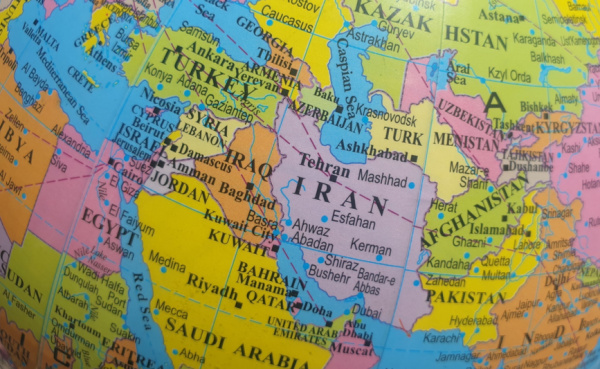Armenia and Azerbaijan: The Distant Perspective of Peace, Cooperation and Narratives of Trust
By Intigam Mamedov
March 21, 2024
On February 13, 2024, a new border skirmish took place between Armenia and Azerbaijan, months after Baku regained its territories in Nagorno-Karabakh. While the sides accuse each other of provocations, such incidents could also lead to larger clashes. While a peace deal is needed in order to put an end to the decades-long conflict, reaching an agreement will take time. Meanwhile, to encourage it, both states should now focus on trust-building initiatives, particularly in the humanitarian, economic, and environmental areas. Such short-term initiatives have the potential to assist and stimulate the evolution of new narratives on peaceful coexistence – a challenging but vital task for current and future generations.
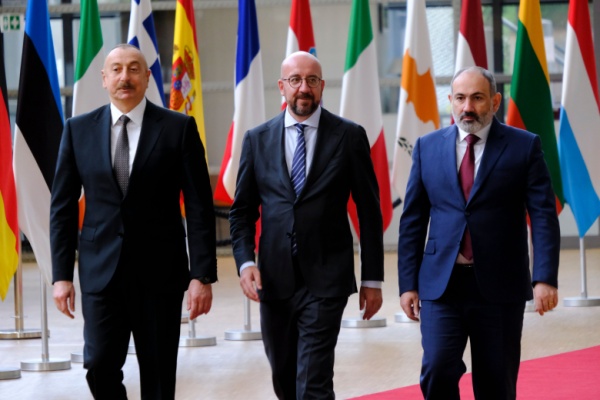
Pashinyan Between Armenia and Azerbaijan: The Curse of Radical Changes
By Mehmet Fatih Oztarsu
February 27, 2024
Armenian Prime Minister Nikol Pashinyan seeks a new path forward following Azerbaijan’s seizure of Nagorno-Karabakh and the radical shift in regional dynamics in the South Caucasus. His initiatives aim to revitalize Armenia and resolve longstanding issues, forging a new regional posture. However, domestic divisions and external challenges complicate his efforts. Azerbaijan has not responded to his calls for alternative cooperation while he remains skeptical of Azerbaijan’s overtures. Therefore, Pashinyan prefers to deal with Armenia’s domestic priorities and move carefully towards regional cooperation.
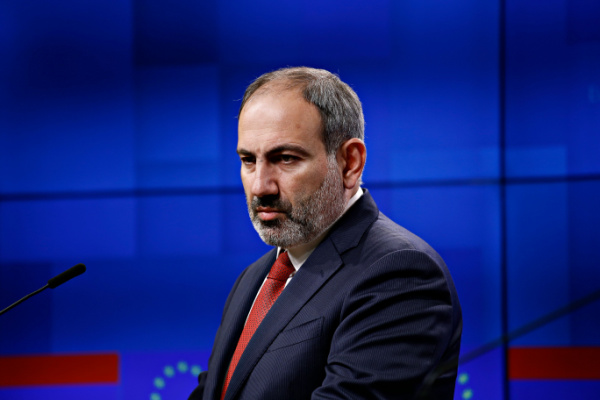
Is the Aras Corridor an Alternative to Zangezur?
By Vali Kaleji
February 5, 2024
Iran and Azerbaijan recently agreed to establish a transit route called the “Aras Corridor.” It is intended to pass through the Iranian province of East Azerbaijan and connect the village of Aghband in the southwestern corner of the Zangilan District to the city of Ordubad in southern Nakhchivan. Bypassing Armenia, the Aras Corridor could present an alternative to the Zangezur Corridor with the potential of reducing Iran’s concerns for its common border with Armenia. However, if Armenia and Azerbaijan sign a peace treaty and Armenia and Turkey establish diplomatic relations, the current advantages of the Aras Corridor will be reduced. These equations will change only if Nikol Pashinyan’s government falls and the nationalist and conservative movements opposing peace with Azerbaijan and normalization of relations with Turkey come to power in Armenia.
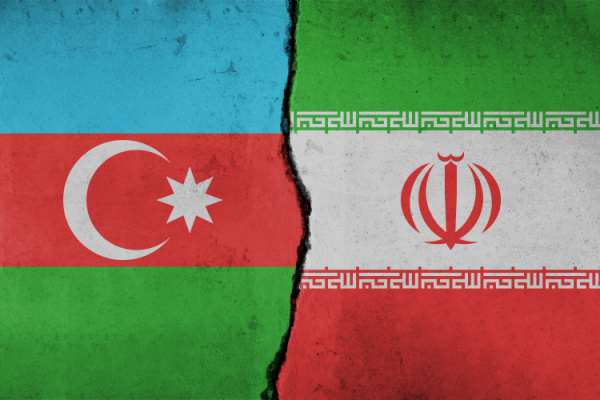
Armenia’s Crisis After Azerbaijan's Final Offensive in Nagorno-Karabakh
By Natalia Konarzewska
November 9, 2023
Armenia was hit by a political and humanitarian crisis after Azerbaijan launched a massive military offensive in Nagorno-Karabakh on September, aimed at disbanding its de facto government and armed forces. Yerevan’s refusal to provide military assistance to the separatist region fueled massive protests across Armenia in support of Karabakh Armenians and against Prime Minister Nikol Pashinyan. Simultaneously, relations between Armenia and Russia reached a new low amid Yerevan’s assertion that Moscow failed to live up to its security commitments in the region. As a result of Nagorno-Karabakh’s capitulation on September 20, tens of thousands of Armenian refugees fled the region.
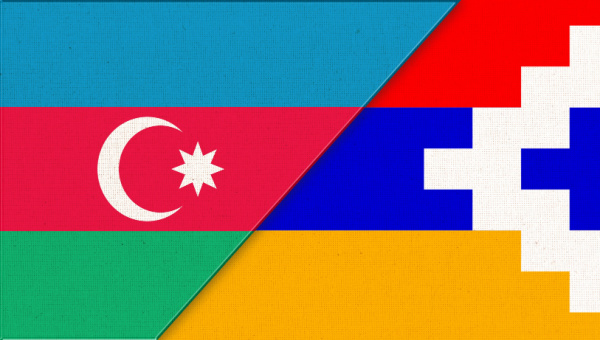
Russia and Iran Diverge in the South Caucasus
By Vali Kaleji
June 15, 2023
Despite some similarities in Iran’s and Russia’s approaches towards the conflict between Armenia and Azerbaijan since the collapse of the Soviet Union, Tehran and Moscow have diverged in recent years regarding the Zangezur Corridor, its possible effects for Iran’s border with Armenia, and Israel’s relations with Azerbaijan. Russia’s relations with Israel and its need to retain economic ties and transit options with Azerbaijan and Turkey after the Ukraine war, have led Moscow to take a flexible approach to developments in the South Caucasus, which is not favorable to Iran. This has disrupted the unwritten alliance between Iran, Armenia and Russia and has created a security and strategic dilemma for Iran along its northwestern borders.
